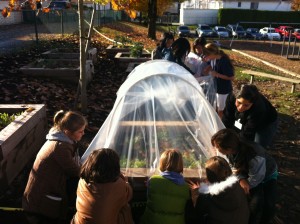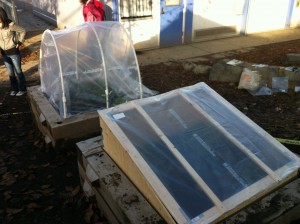“To come or bring together for a common purpose or action” – Oxford English Dictionary
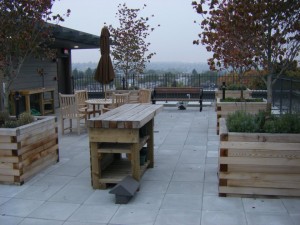
Group 8 was tasked with harmoniously uniting the various nutrients in soil and to brainstorm ideas to make a rooftop garden more accessible. Group 8 worked on the developing rooftop garden in Linden Tree Place (a home for older adults with spinal cord or related physical disabilities). The primary concerns were the nutritional breakdown in the current soil and to determine the best most economical and sustainable way to increase and maintain soil fertility. The group collected the soil samples and sent the sample to be analyzed and interviewed the Garden committee and the LFS 350 teaching assistant (Lis) about soil and gardening. Afterwards the group researched and read scholarly articles about the matter. Lastly, the group met with and interviewed stakeholders and the gardening to learn of and hear concerns about the Garden.
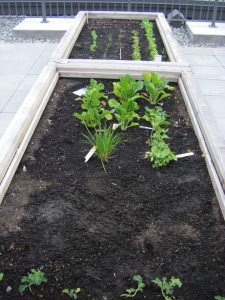
The initial findings regarding the soil was that the nutrients were “not as bad” as initially presumed. Other nutrients were high while others needed to be replenished. The group accordingly recommended some changes to equalize these nutrition levels to the appropriate amounts. In terms of addressing the garden accessibility, the group recommended having standing gardens, tabletop gardens, trellis, or long reaching tools as many of the residents were utilizing wheel chairs. On the side, the group also researched and recommended some plants which could be grown in the current soil conditions and the effect of wind and cold on plants and how to protect plants.
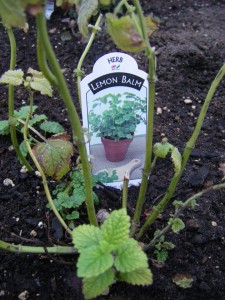
The group joined with Linden Tree Place and provided these recommendations that will carry into future considerations. Additionally, Linden Tree Place also receives more help from other professionals which provide them with immediate advice and help to continue the developments into the future. This united approach at the issues is bound to lead to a better environment for the residents of Linden Tree Place and a more successful rooftop garden.
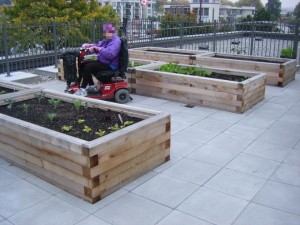
`rtang


